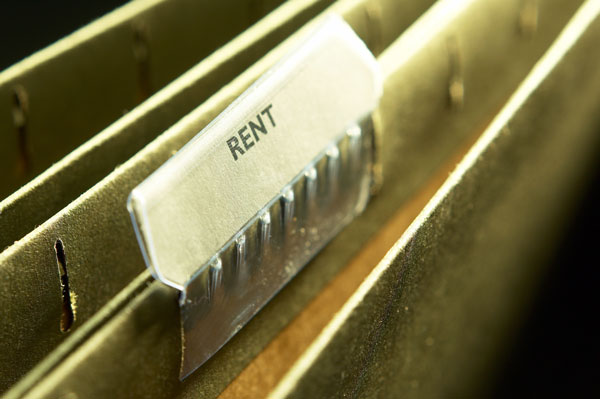Household Bills
Tenants – do you pay over half your disposable income on rent?

Guest Author:
Christina HoghtonTenants spend a huge amount of their income on rent each month, and nowhere more so than in the capital.
Rental payments in the UK now account for over half (52%) of the average disposable income of £1,471 for people living and working outside the capital, according to the latest Landbay Rental Index.
The typical rent paid for a property in the UK outside London reached £761 in March, taking annual growth to 1.21%.
Those living in the capital face an even tighter squeeze. Average rents in London remain more than double the average for the rest of the country at £1,879.
Average disposable income in London is £2,108 so, for single-earner households, that means that the average monthly rent for a property is 89% of take-home pay.
As a result, most London households must rely on multiple or high-income earners.

Wellness and wellbeing holidays: Travel insurance is essential for your peace of mind
Out of the pandemic lockdowns, there’s a greater emphasis on wellbeing and wellness, with
Sponsored by Post Office
Cheaper to commute
If London workers are willing to move further out of the city to save money, they will spend a much lower percentage of their disposable income on rent, closer to the national average.
Average rents in the South East now stand at £1,053, 58% of the average disposable income of £1,817 of those living in the region, whilst another option is East England, where average rents are 55% of take-home pay.
On the other end of the spectrum, those working and living in North East see the lowest percentage of their salary going towards rent, where just 41% of the average disposable income of £1,350 is handed over to the landlord each month.
John Goodall, CEO and founder of Landbay said: “Rents have continued to rise over the last five years, increasing by 9% across the UK since March 2013 and by 7% in London – with monthly payments remaining a burden on those struggling to save.
“Tenants saving up for a house face a triple challenge with more and more of their income spent on rent, partnered with trying to catch up with the pace of house price inflation and record low interest rates limiting their ability to save money.”